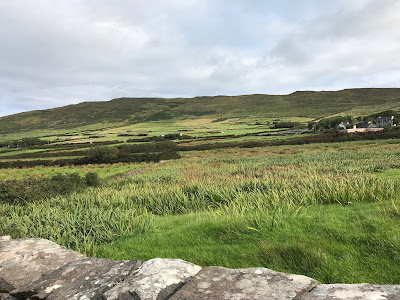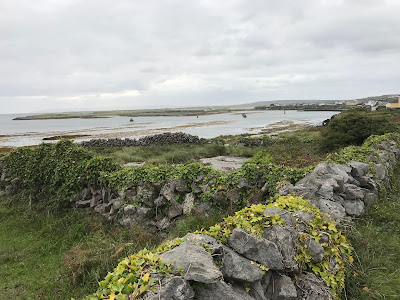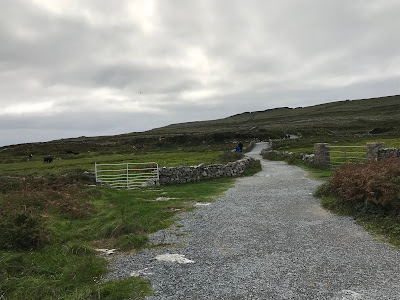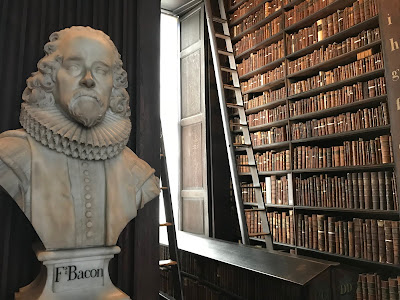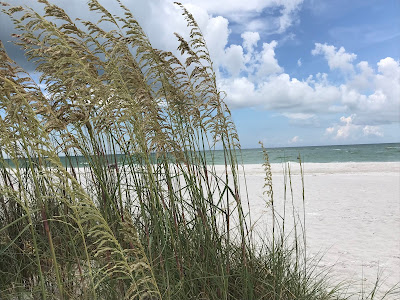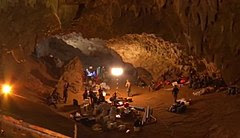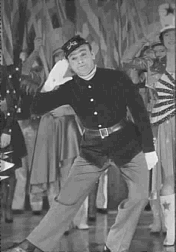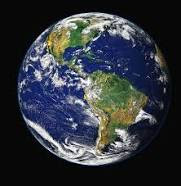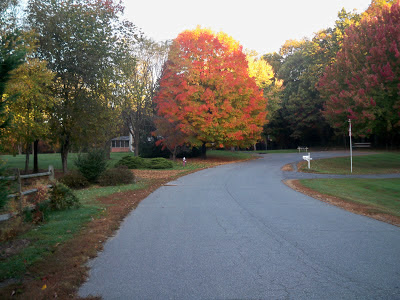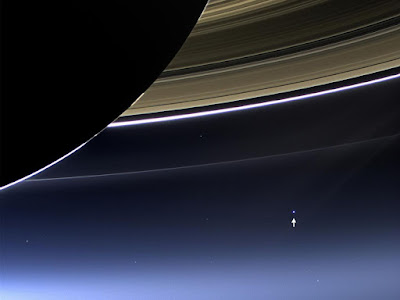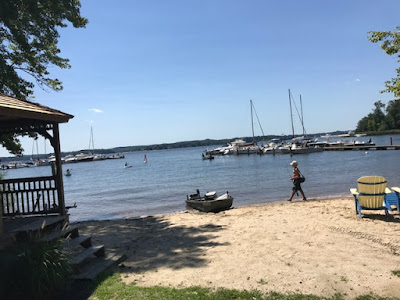The Scientific Revolution began not in knowledge but in ignorance, writes Yuval Noah Harari in his book Sapiens, which I’m more than halfway through now. (See last Friday’s entry.)
“The great discovery that launched the Scientific Revolution was the discovery that humans do not know the answers to their most important questions,” Harari says.
In the ancient or medieval world, the pre-16th-century world, there were two kinds of ignorance. An individual might not know something, in which case he or she would ask someone who did. (A peasant asks his local priest how the world begins; the priest will know the answer, which has been laid out for humankind in the Bible.)
The other kind of ignorance, says Harari, was that an entire tradition might be ignorant of unimportant things. How spiders spin their webs, for instance. The answer was not in the Bible, and there were few if any spider scholars back then. But it was not important to know the answer to this question. God knows everything, the world has its order, and homo sapiens took comfort in that.
“The willingness to admit ignorance has made modern science more dynamic, supple and inquisitive than any previous tradition of knowledge,” Harari writes. “This has hugely expanded our capacity to understand how the world works and our ability to invent new technologies.”
In his scientific manifesto, The New Instrument, published in 1620, Francis Bacon argued that knowledge is power and that the test of knowledge is not whether it is true, but whether it empowers us. Science and technology have been connected ever since.
This is very good for science, for unlocking the secrets of the universe, but not always good for social order — and certainly not good for people who aren’t good at math.
Because ever since the Scientific Revolution, darn it, the secrets of the universe seem to reveal themselves in equations. “Newton showed that the book of nature is written in the language of mathematics,” Harari says. And this mathematifying (my word) of knowledge has moved from the hard sciences to the social sciences, even to fields like psychology.
“Confucius, Buddha, Jesus and Mohammed would have been bewildered if you told them that in order to understand the human mind and cure its illnesses you must first study statistics.”
They aren’t the only ones.
